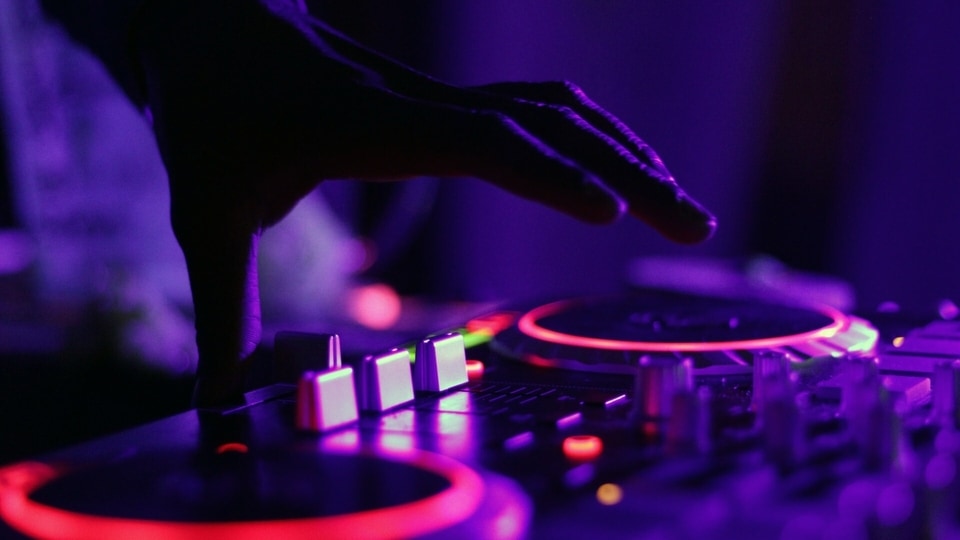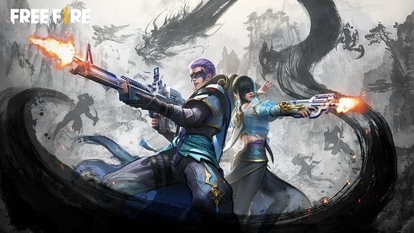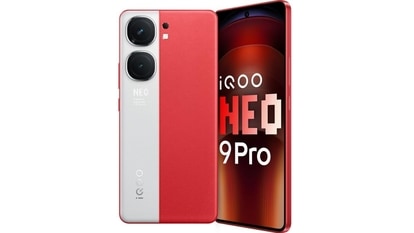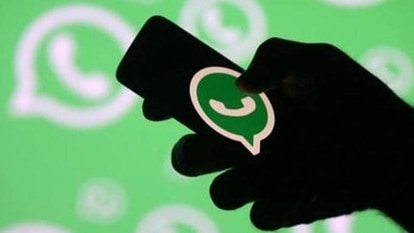As Grammys slaps ban on AI music, copyright question makes waves; Discord caught in row too
The music industry is waging a war on AI generated songs and copyright issues have churned a huge controversy. Grammys has slapped a ban on giving awards, but it is not stopping AI submissions.

Every time a new technology with a wide scope of applications emerges, the music industry suffers one of the first blows. Be it compact discs, MP3 players, or websites capable of streaming/hosting songs, the music industry has always suffered the consequences and come out in protest. The biggest reason? Copyright issues. Music is one of the most vulnerable intellectual properties as it is very easy to pirate or steal, modify, and repackage to divert revenue from the artists and the record label.
But so far, the industry has always been able to get the law and regulations on its side to fight off any threats. CDs pirating songs were declared illegal, music players can only show official sources to stream/download songs, and music websites have to pay the artists and the label their due. However, with AI entering the scene, things are getting quite complicated.
The issue around AI-generated music
One can argue that EDM or Electronic Dance Music is also generated using computers, so AI music should not be getting any flak. However, there is a distinct difference between the two. While EDM is audio produced by computers, the ultimate creativity comes from a human who creates original music using the technology.
On the other hand, an AI capable of generating music is likely to be trained on copyrighted material. This assertion comes from the fact that most AI-based music generation platforms are able to take commands such as “write music in Taylor Swift's style”. So, in order to understand Taylor Swift's style of singing, it needs to be trained on that data.
So, the core of the issue is this: If a user creates a song using the voice of a popular artist which goes viral and results in the user earning money off it, is the user violating any copyright laws or not? The answer is not very straightforward as while the voice itself cannot be copyrighted, using their name or playing off a song as coming from them is a clear violation of copyright law. At least that is the music industry's stand.
Scarily, this situation is not just a theoretical problem to solve. It is already causing trouble in the real world.
The controversy around ‘Heart On My Sleeve', an AI song
A song called Heart On My Sleeve was posted online anonymously, which exploded on platforms like TikTok and YouTube. The song featured the voices of Drake and The Weeknd, only it was not really their voice. The song was generated using AI which mimicked the voice of the artist.
Soon, all music streaming platforms pulled the song. But by that time, it had already been streamed 600,000 times on Spotify and garnered 15 million views on TikTok. It cannot be ascertained whether any user earned money from these streams, but most platforms would have revoked any payments after pulling down the song.
RIAA goes after Discord
The situation, however, has put the entire music industry in a frenzy and organizations want regulators to put a stop to any acts of AI music generation where a song bears likeness to a human artist.
The Recording Industry Association of America (RIAA) has gone as far as claiming it an act of copyright violation and now wants to take down a Discord server that is associated with producing such AI models. As per a report by QZ, “The RIAA has asked Discord to shut down a server called “AI Hub,” alleging that its 145,000 or so members share and distribute copyrighted music”.
In its subpoena, RIAA has also demanded that Discord share the names, phone numbers, addresses, and other details of the users on AI Hub involved in creating the songs. Discord however has not taken any action. It still has till June 30 to either comply or formally reject the demand.
Grammys have also come out against AI
Grammy Awards are one of the biggest music awards on the planet. Every year, music that makes an impact is awarded during its event. This year, however, Grammys have a special rule in place to keep AI at bay. Only human creators are eligible to be submitted for consideration for, nominated for, or win a Grammy Award.
According to a TechRadar report, Recording Academy CEO Harvey Mason, Jr. told Grammys.com last week, “At this point, we are going to allow AI music and content to be submitted but the Grammys will only be allowed to go to human creators who have contributed creatively in the appropriate categories”.
EU recognizes the problem
This problem around AI copyright infringement at either the training stage or the production stage is not something that just the music industry is worried about. The EU AI Act, the amended version of the previously written legislation to formulate rules and regulations around artificial intelligence, also has made special rules around copyright infringement.
A report by The Guardian highlights that the legislation obliges “developers of AI chatbots to publish all the works of scientists, musicians, illustrators, photographers and journalists used to train them. They will also have to prove that everything they did to train the machine complied with the law”.
The future of Music
Music has always been the most adaptable creative field whenever it faced a technology that has the power to change the way it functions. And by the end of it, it always comes out on top. But the journey to that point is definitely an uphill battle this time.
While legislators and governments are likely to sit down in the coming months to find a way that creates a balance to let AI-generated music exist, but which does not threaten the music industry. However, the process can take months or even years. And with already so many AI music generation platforms in existence, more AI viral songs are expected to be seen in days to come.
Concluding on a rather interesting note, it appears that not everyone in the music industry feels threatened by the sudden rise of AI. In fact, some are even finding ways to coexist with it.
After the Heart On My Sleeve song was pulled down, Canadian musician Claire Elise Boucher, professionally known as Grimes, took to Twitter and said, “I'll split 50% royalties on any successful AI generated song that uses my voice. Same deal as I would with any artist i collab with. Feel free to use my voice without penalty. I have no label and no legal bindings”.
“I think it's cool to be fused w a machine and I like the idea of open sourcing all art and killing copyright,” she added.
Catch all the Latest Tech News, Mobile News, Laptop News, Gaming news, Wearables News , How To News, also keep up with us on Whatsapp channel,Twitter, Facebook, Google News, and Instagram. For our latest videos, subscribe to our YouTube channel.

























